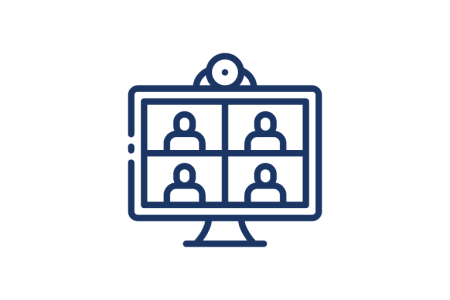
Everyone should be able to associate freely through and on the internet for social, political, cultural, or other purposes.
What does this look like in a democracy?
The internet is an important platform for political organizing where citizens can collaborate to advance democratic goals. Citizens are able to peacefully associate with others on the internet. The internet provides an open space for individuals to exercise their democratic rights and advocate for the rights of others.
warning signs of an undemocratic internet:
- Citizens are prevented from accessing websites and messaging apps that facilitate political mobilization.
- Governments pressure websites and social media platforms to remove publicity for an event because this limits the ability of citizens to schedule a public meeting or organize a protest.
- Security agents infiltrate online communities to monitor groups.
selected sources from international frameworks:
- Article 20 of the UN Universal Declaration of Human Rights states that “Everyone has the right to freedom of peaceful assembly and association.”
- Council of Europe’s Human Rights for Internet Users, Assembly, Association and Participation: “You have the freedom to choose any website, application or other service in order to form, join, mobilise and participate in social groups and assemblies whether or not they are formally recognised by public authorities.”
- Report of the Special Rapporteur on the rights to freedom of peaceful assembly and of association, Maina Kiai, 21 May 2012. In the report, the Special Rapporteur calls upon States “to recognize that the rights to freedom of peaceful assembly and of association can be exercised through new technologies, including through the internet.”